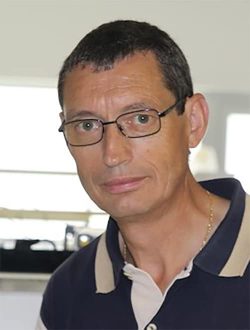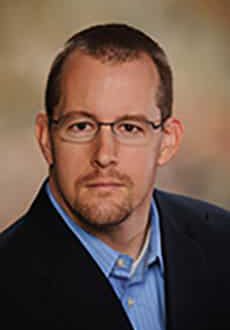Summary
Despite more than 40 years having already passed since the dawn of the first circuit simulator, modeling and characterization of nonlinear microwave circuits hasn’t yet reached most bachelor’s and master’s electrical engineering curricula. Therefore, the vast majority of microwave designers still cannot profit from the significant technological advancements that have been made on active device modeling and specific laboratory instrumentation for model extraction and performance verification. So, they tend to conduct their designs relying on experience, heuristic concepts–many times plagued by hidden but erroneous, linear assumptions, and many trial and error iterations in the lab.
Addressing both the nonlinear device modeling tools and their required device characterization instruments and procedures, from both a fundamental but also practical perspective, this webinar has a twofold objective. First it is meant to bring the recent advances made on these fields to the practicing microwave engineer. Second, it is aimed at attracting researchers and graduate students to pursue further studies on these scientifically exciting topics.
- Starting from the mostly used nonlinear equivalent-circuit and behavioral modeling methods, we will then move on to address the laboratory instrumentation devoted to measure the device characteristics needed for model extraction and performance assessment.
- A special attention will be given to model modern non-quasi-static microwave actives devices, such as high-power GaN HEMTs, and the new measurement instruments and setups required for their laboratory characterization.
- Finally, a power amplifier application example will be presented, in which we will illustrate the impact that a good model may have on the actual circuit design process.
Attendance is free. To access the event please register.
Note: Sponsored content, by paid advertisers, has not been subject to peer review. By registering for this webinar you understand and agree that IEEE may share your contact information with the sponsors of this webinar and that both IEEE and the sponsors may send email communications to you in the future.
Speakers


Dr. Michael C. Hamilton is an Associate Professor in the Electrical and Computer Engineering Department at Auburn University and the Assistant Director of the Alabama Microelectronics Science and Technology Center.